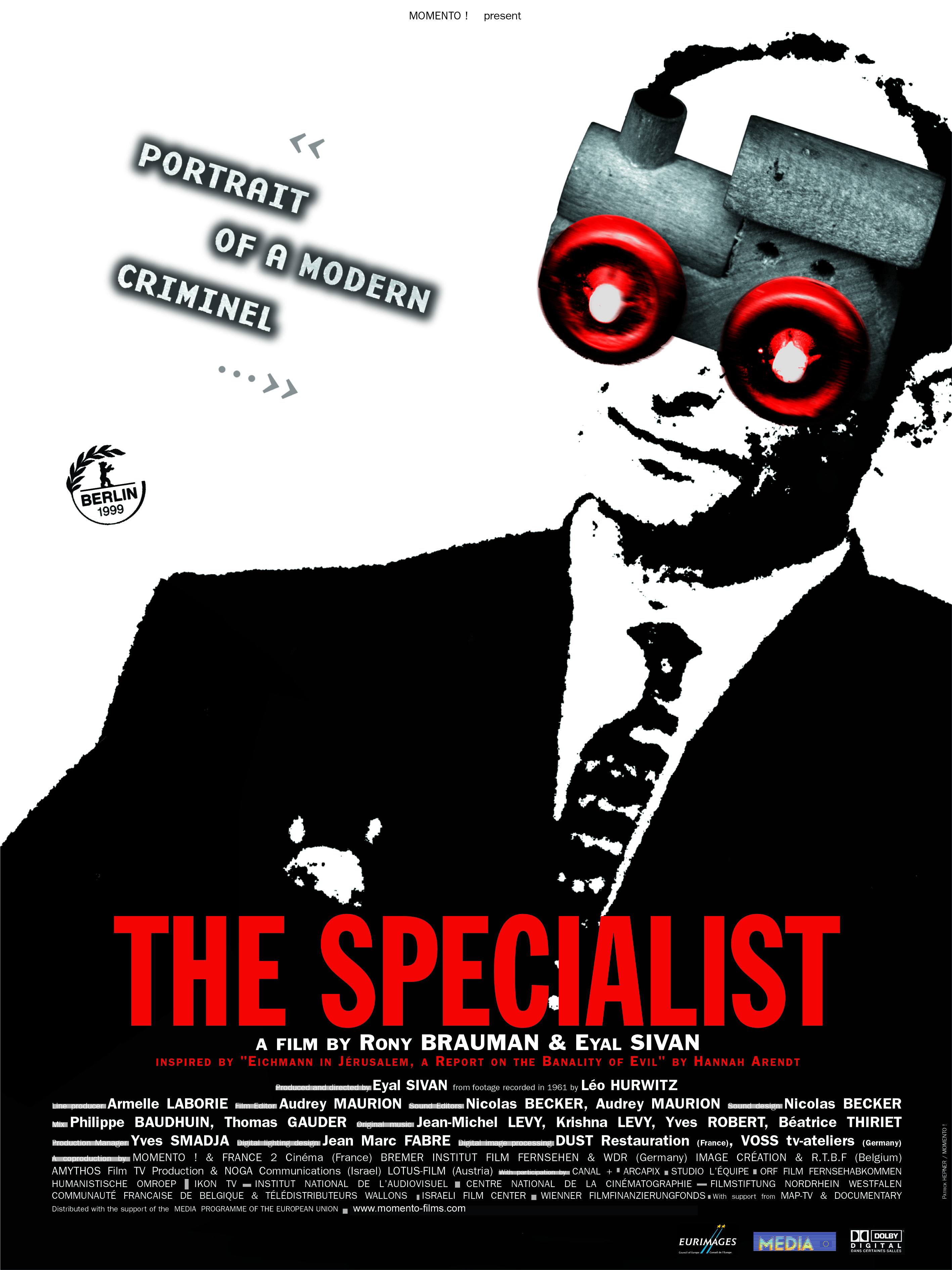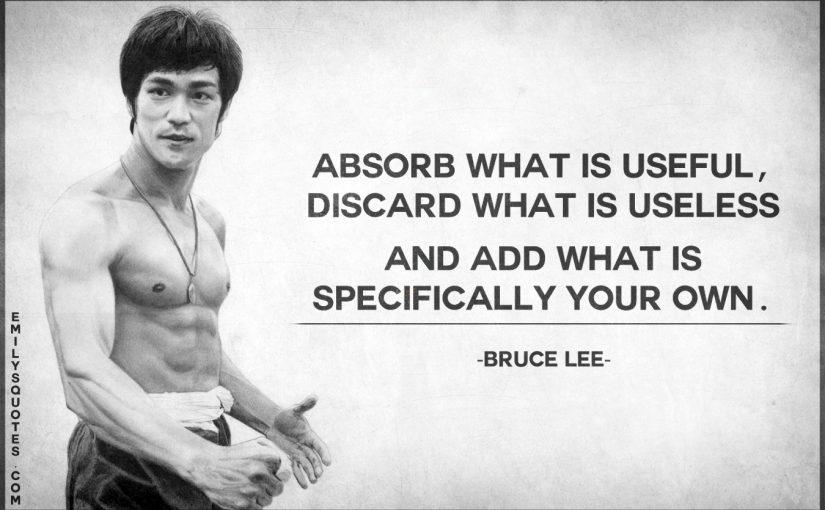We saw how to give praise and Feedback the last few weeks. In the next couple of weeks, lets look at how to receive them and what to do with it. When and what to consider and what not to ?
We seek advice and feedback often when we are unsure of our future course of action. Sometimes people add relevant perspectives that we had never considered. They challenge the way we look at our world and bring clarity. Sometimes they leave us even more confused and are best ignored. But how do we know when to do what? Am I ignoring an advice because it makes me uncomfortable or if it is not relevant to me?
Lets look at a few framework to consider on evaluating feedback and advice received.
Distinguish between feedback and troll:
Not all feedback is good or useful. Some people feel the need to pull others down. Internet provides many an outlet for their negative energy and are keen on shooting the messenger, character assassination, whataboutery and many such discussion which can never be useful or worth the energy expended. These trolls are best ignore.
But be careful not to dismiss all angry outbursts and sarcasm as troll. The angry outburst may just be your customer’s feedback on the long waiting lines, the sarcasm was probably just your viewer’s expression of disagreement. Take the emotion out and evaluate the context using Socrates principle:
Is it or Could it be true?
Is it or Could it be useful?
If the answer is ‘yes’ to both, then stop to consider, what was said and analyze it.
Consider adviser’s intentions:

An education counselor will advice you to study further, a broker will ask you trade more, a financial consultant will suggest you financial products to fatten his purse rather than yours, a beautician will tell you, why you must take the latest beauty treatment that they offer at a price that is available only today. We have sales representatives in many forms and often disguise their role in the name of advisory, consultants, relationship managers etc. But their primary role is to get more business from you. This is not to say all advice from them is bad advice, but it is your primary responsibility to evaluate the suitability. Don’t buy something because you liked the sales person or felt obliged.
Beyond Intentions: Qualifications
The reverse of the above is the well intentioned and well meaning advice that we often receive from friends and family. It could range from why you should not choose your boy/girl friend as your life partner, which stream of engineering you should choose to be successful and go to America like the neighbour’s son, which colleges to apply, which job to choose, when to get married, when to have children, which stock to buy, why you should buy a home/insurance policy etc. Your parents, neighbors, Shukla uncle and Anu aunty have indeed seen more life (i.e lived more years) and have your best interests in their mind. But the question here, is are they qualified to provide you advice in this front.
Alignment of Values
Sometimes the person may have the right intentions and be well qualified to give you an advice. But their priorities and values in life may be a lot different from yours.
For example: Your peer’s advice of taking coaching classes on your subject may indeed be the most financially lucrative prospect in an otherwise mundane profession of being a college lecturer. But value wise you may believe that the coaching classes otherwise kill curiosity and good education of children and are driven solely by marks and money. So although your peer is absolutely right, you know you will not enjoy it.
In this case, despite their good intentions and appropriate qualification, the advice is best ignored as it is not in alignment with your values and what you seek. It is not worth earning more money by doing what we dislike and don’t want to stand for.
Anatomy of Analysis of an Advice:

Examples may not be the norms
Advice: Anu Aunty says her nephew delayed marriage and ended up single and alone at 40. She does not want me to end up the same way !! Well, Neither do I.
Analysis: ‘Does one never married nephew, mean that if I delay my marriage, I will never find the right person? Do I know instances of people who married later and had a good married life? Also those that married early and later parted ways? Is it important to ‘look younger’ or ‘be younger’ to attract a good partner?
Selection Bias
Advice: Shukla Uncle’s Son did Electrical and Electronics Engineering (EEE) and joined a software company. He is now a handsomely paid Subject Matter Expert in Oracle. So EEE is a good engineering category for me says Shukla Uncle.
Analysis: ‘Shukla Uncle’ son who had specialized in Electrical Engineering could have switched to programming and become successful. Was it because of or despite the choice of the engineering specialization? CSE was not even a big field during those days and companies were open to hiring students from other specializations and retrain them. Does that scenario apply now? what choice of specialization would help rather than hinder the kind of work I want to pursue? Does Shukla uncle really know the difference between different engineering fields or only pretends to ? Can I get a first hand account of what helped and did not help from a few?
Relevance
Advice: “Why would you leave a thriving career and go back to school for a post graduate degree. You can do the same in correspondence like how I am doing. You are taking a big risk and losing a lot of money in the process” said a senior colleague.
Analysis: Is he really where I intend to be when I have his years of experience? Do our qualifications and aspirations match? Does his correspondence MBA match up to the school have been selected for with so much rigour? Who is the person who I would more want to be like? What was the path he/she followed? What would they advise me to do in the current circumstance.
Non – Compliance is not disrespect
We have often heard parents tell their children, “You are a good girl right, You love mamma very much right, then will you please do this for me ..?”
This ‘If A then B scenario, gets stuck in our mind.’ Respect and love for your parents, need not mean that you blindly accept their choice of spouse for you. Respect and love for your teacher does not mean you run her personal errands. Trust in your team’s capability does not mean you stop supervising their work.
Distinguish your feelings for a person, to what is required of you in the current situation and choose wisely.
Conclusion
By reducing our need to seek approval for all our decisions, critically analyze and accept the necessary feedback and ignoring the inappropriate can bring you great peace of mind.
I would like to conclude with the serenity prayer here:
Grant me the serenity to accept the things I cannot change, the courage to change the things I can, and the wisdom to know the difference.

Excellent checklist on how to interpret advices 🙂 We get so many everyday. Now we know how to filter them.
thanks 🙂